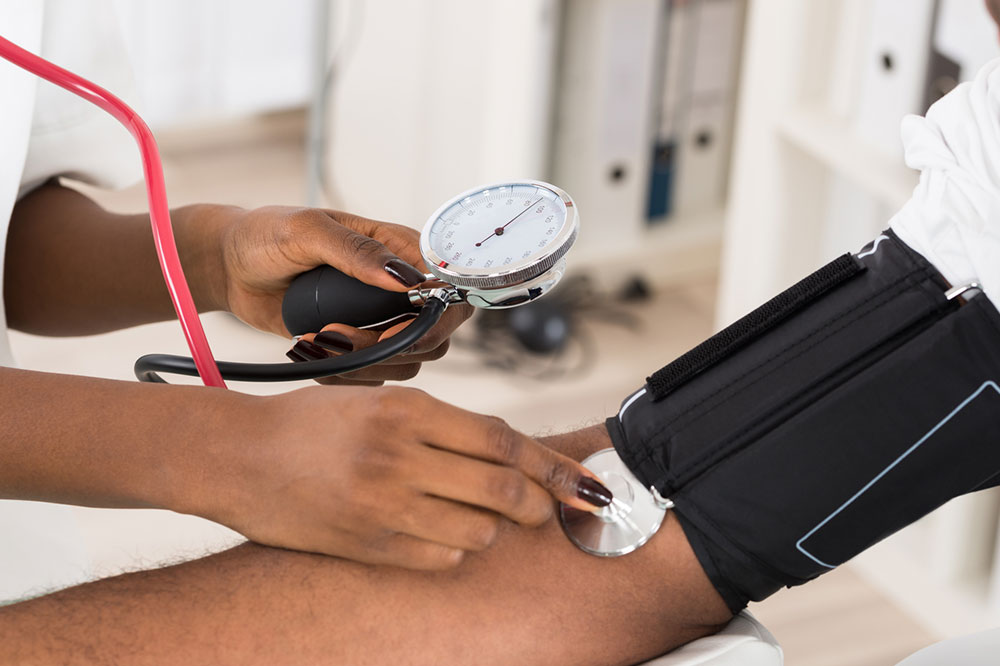
Main Causes and Symptoms of PAH
Pulmonary arterial hypertension (PAH) is a condition affecting the arteries, heart, and lungs. For some people, the disease may become life-threatening if it isn’t treated on time. Due to the non-availability of a cure, the best way to avoid it is by educating yourself about the symptoms and causes for PAH. Read this article to know more.
Symptoms
The symptoms of PAH are not visible immediately because they develop over time. However, as the disease progresses, the symptoms get worse and become more noticeable. Some of them are listed below:
1. Shortness of breath
If you feel breathless while exercising and eventually even when you are at rest, then consider it a warning sign.
2. Swelling
PAH can cause swelling in your legs and ankles, also known as edema. It occurs as a result of your body’s inability to flush out toxins. PAH can make your body more susceptible to fluid retention.
3. Chest pain
As the pressure on your heart increases, the muscles become weak and work harder than usual. An enfeebled heart can cause chest pains along with heart palpitations, irregular heartbeat, and a racing pulse.
4. Blue lips or skin
PAH leads to an insufficient supply of oxygen to your red blood cells. Low levels of oxygen in your body can cause lips and skin to turn blue.
Causes
The high blood pressure in the lung arteries can be caused due to:
1. Lung disease
One of the most common causes of PAH is lung disease. Your doctor will examine your lungs for an unusual sound, a tell-tale sign of pulmonary arterial hypertension.
2. Blood clots
Pulmonary emboli, also known as blood clots in the lungs, can lead to PAH. These blood clots interfere with the blood flow to the arteries. It is possible to cure this condition if it is detected promptly.
3. Appetite suppressants
A study indicates that people who take diet pills to suppress their natural appetite are high-risk candidates for PAH.
4. Existing heart condition
PAH is often detected when the blood pressure on the right side of your heart is high. However, it must not be confused with high blood pressure. The arteries in your lungs become narrow when you are suffering from PAH. As a result, it becomes harder for blood to flow. This increases the pressure on your lungs, making your heart work harder to pump blood through your arteries.
5. Patients with HIV
Even though it is rare, HIV is also responsible for causing pulmonary arterial hypertension. Since it can compromise your immune system, your body becomes prone to inflammation. Therefore, the people infected with the virus can be prone to PAH.
The only way you can accurately identify the symptoms and causes for PAH is with the help of a doctor. If you are experiencing the warning signs of PAH, it is advisable to get yourself tested immediately.


